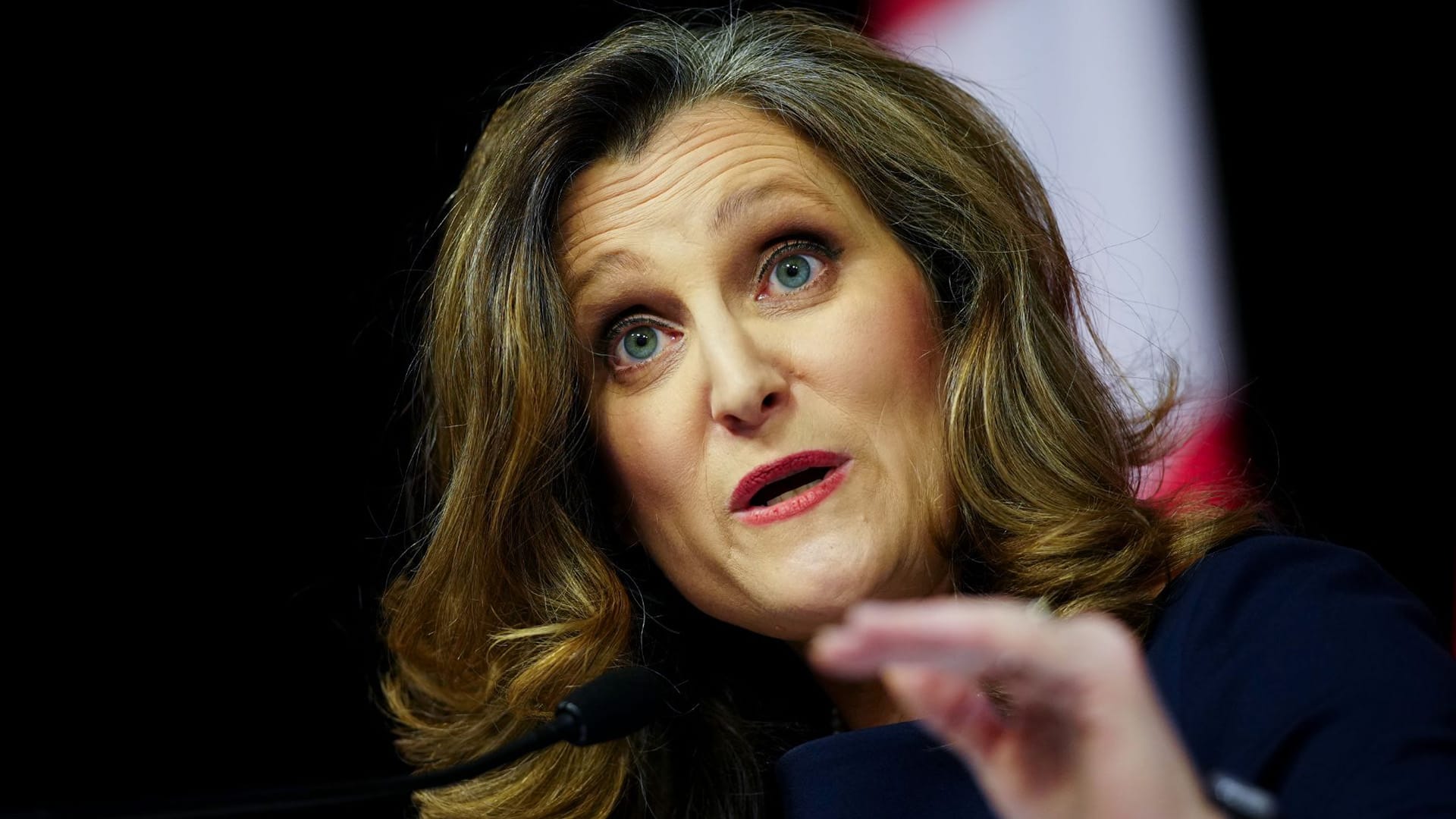
Parties to the massive Honda EV investment deal reached this week have tacitly acknowledged that foreign workers will be involved in setting up the proposed auto plants, while attempting to downplay an issue already seized upon by the federal Conservatives.
In response to questions throughout the week, federal officials, their provincial counterparts and executives for the automaker have talked about “optimizing” or “maximizing” the number of Canadian jobs — leaving the door open for foreign workers to work on facilities resulting from the historic $15-billion deal.
In an interview on Rosemary Barton Live that aired Sunday, Ontario Economic Development Minister Vic Fedeli was more direct, saying that there would be “short-term technical experts” brought in to install equipment and train Ontarians.
“You need the technical experts. They’re going to come in — not only to help install, but train hundreds and then thousands of the employees on how to use the equipment — and then return,” he told CBC chief political correspondent Rosemary Barton.
The practice of foreign workers coming in to work on auto plants — which have received tens of billions of dollars in taxpayer support over the past several years — erupted into a political issue last fall when it was revealed the NextStar battery plant in Windsor would employ a number of South Koreans. Canada’s Building Trades Unions (CBTU) accused the company of sidelining local workers — which NextStar denies — and last week sent a letter asking the prime minister to intervene.
Conservatives this week cited the NextStar case and argued the same thing could happen with Honda.
“We can’t trust that his latest announcement of $5 billion in Canadian taxpayer money [to be split between the province and federal governments] to another large multinational corporation will be any different,” said MP Rick Perkins, the Conservatives’ innovation critic.
Jean Marc Leclerc, Honda Canada’s president and CEO, says the $2.5B incentive Ontario gave from the investment tax credit helped secure the deal because it is ‘guaranteed support.’ Vic Fedeli, the province’s economic development minister, says the deal will create a ‘significant’ number of manufacturing jobs at multiple sites in Ontario.
In a statement released Friday, the Conservatives said they would bring up the issue of foreign workers in a parliamentary committee meeting scheduled for Monday.
The NDP has said it wants to see assurances that jobs and projects will stay in Canada.
“We support investments, but we want to see iron-clad guarantees where there will be good jobs for Canadians, for Quebecers,” NDP Leader Jagmeet Singh said in Montreal this week. “We want to see good jobs that are good-paying union jobs, and we want to see the investments stay in the country.”
Honda in talks with union
Jean Marc Leclerc, the head of Honda Canada, told Barton that he’s reached out to the head of the CBTU to begin a discussion on jobs for Canadian workers and he hoped to reach a memorandum of understanding with them on the issue.
He told CBC Radio’s The House that Honda faced a challenge in meeting production timelines given the current availability of tradespeople in Canada.
“The more we communicate with them to say, ‘Here are the timelines, here are the number of people we need to make this happen,’ we will get to a very good place, I’m very confident,” he said.
In another interview on The House, Industry Minister François-Philippe Champagne downplayed the concerns about the NextStar plant, noting the foreign workers were just a small contingent of the thousands of workers to be employed there.
“We always have undertakings to maximize Canadian jobs in what we do. But Canadians also understand that sometimes you need to bring specialized workers in order to install some some types of machinery and equipment, and this is not new,” he said.
The House18:36Charging up the EV industry
<p>Honda is getting $5 billion in tax credits and subsidies to build an electric vehicle assembly line and an EV battery plant in Ontario. Industry Minister François-Philippe Champagne explains why Canada is spending big — and beating out China when it comes to building EV batteries. Then Catherine Cullen talks to Honda Canada’s president and CEO Jean Marc Leclerc about the Canadian EV market.</p>
CBTU said in a statement released earlier this week that it welcomed both the Honda investment and the initial discussions with Honda on an MOU around Canadian workers.
In a separate interview on Rosemary Barton Live, Finance Minister Chrystia Freeland also pointed to a statement by Unifor in favour of the deal.
Asked about the prospect of foreign workers involved in the plants, Freeland said she had spoken to Honda executives and was aware of the talks between Honda and the union. “Both sides know how important it is for the government of Canada that there be good-paying union jobs building this project,” she said.
Deputy Prime Minister Chrystia Freeland says changes to the capital gains tax are levelling out the playing field and that it’s unfair to describe ‘tax fairness as a punishment.’ Freeland, who is also Canada’s finance minister, also discusses the $15 billion Honda EV deal in Ontario.

